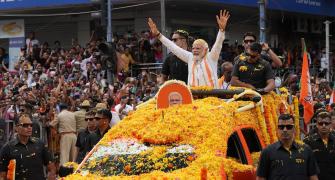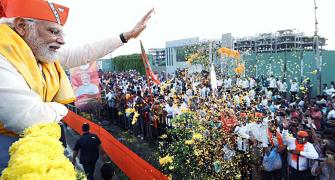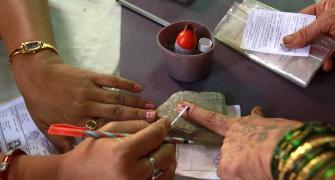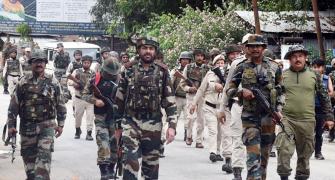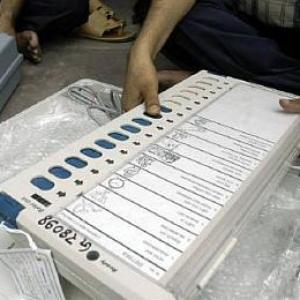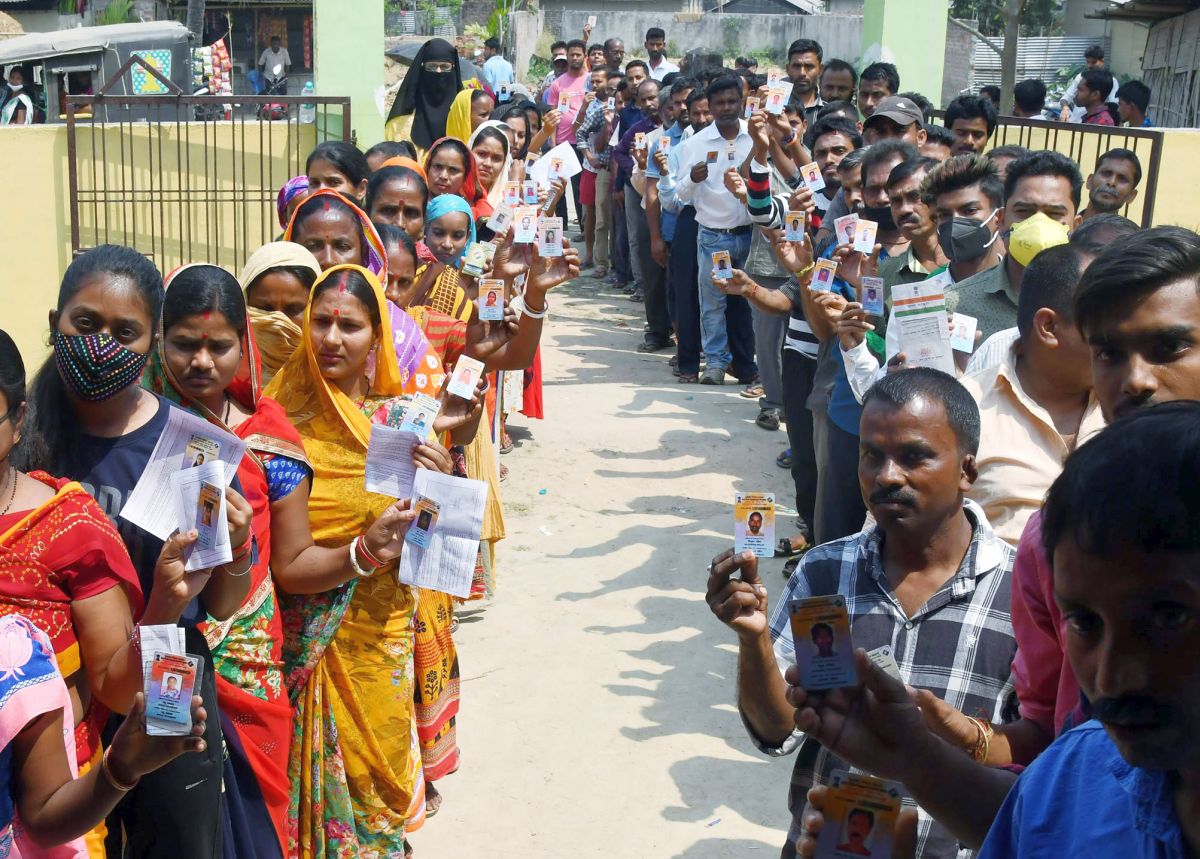
A high-level committee, led by former President Ram Nath Kovind, is currently at work to submit its report on the feasibility 'One Nation One Election' proposal to the Union government.
The report is likely to recommend that India adopt the German model of 'constructive no-confidence' which stipulates that the unseating of a government must be immediately followed by the formation of a new one, which will serve out the remainder of the legislative term.
The report is also expected to highlight the potential economic benefits of simultaneous elections, which could act as a multiplier for GDP.
The high-level committee, according to sources, has studied the German model in depth.
If the committee's recommendations are accepted, the only requirement would be to amend Rule 198 in the Rules of Procedure and Conduct of Business in the Lok Sabha.
Both a parliamentary standing committee in December 2015 and a Law Commission report on electoral reforms in 1999 have noted that the Speaker of the Lok Sabha has the power to make this amendment.
Such an amendment would ensure that, if a government were to fall after a no-confidence motion, a successive government would be formed to serve the remaining life of the Lok Sabha or the legislative assembly.
In its report on the feasibility of holding simultaneous elections to the Lok Sabha and state assemblies, presented to Parliament in December 2015, the Parliamentary Standing Committee on Law and Justice suggested that India should consider Germany's 'constructive no-confidence' model to ensure political stability.
Article 67 of the Basic Law for the Federal Republic of Germany outlines the specifics of the 'constructive vote of no-confidence'.
It states that the 'Bundestag may express its lack of confidence in the Federal Chancellor only by electing a successor with the majority of its Members and requesting the Federal President to dismiss the incumbent.
'The Federal President must comply with the request and appoint the person elected. Forty-eight hours must elapse between the motion and the vote'.
The Law Commission of India, in its 170th Report on Reform of Electoral Laws (1999), also proposed that there should be simultaneous motions of no-confidence in the incumbent government and confidence in an alternative government.
The commission recommended the insertion of Rule 198-A, which would stipulate that once a no-confidence motion is taken up for discussion and voted upon, 'no fresh motion expressing want of confidence' in the government shall be permitted to be made for a period of two years.
Further, a no-confidence motion will not be allowed 'unless it is accompanied by a motion expressing confidence in a named individual'.
The Law Commission report stated that both motions should be considered and discussed simultaneously and voted upon.
Each member of the House would have two votes. It also stated that a no-confidence motion, even if passed by a majority, would remain ineffective unless a majority passes the motion expressing confidence in a named individual.
The Law Commission recommended that speakers of legislative assemblies make similar amendments to the respective rules of procedure governing the proceedings in their assemblies.
In their presentations to the high-level committee, industry chambers CII and FICCI argued that simultaneous elections would improve the ease of doing business.
The CII highlighted production losses due to holidays on election days and suggested two models: Single-stage simultaneous elections every five years, or two-stage elections where half the state elections are held with the Lok Sabha polls and the rest 2.5 years later.
They argued that this could lead to a saving of Rs 12,000 crore (Rs 120 billion).
Feature Presentation: Aslam Hunani/Rediff.com


